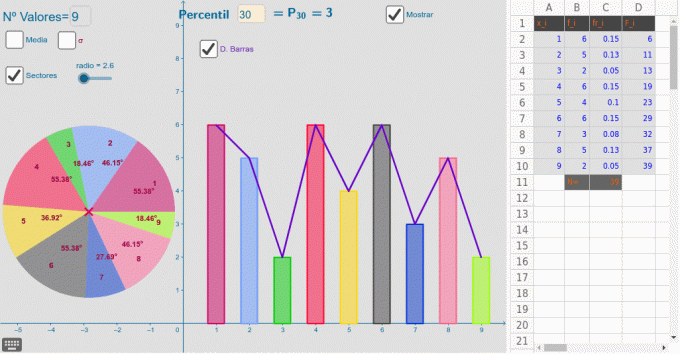One of the historical figures whose thoughts made great contributions to the study of population density and the police economy was Thomas Robert Malthus, becoming known primarily for its “Essay on the Population Principle” in the year 1798.

Advertisements
His study basically posits that population grows faster than food production; therefore, control over population growth was necessary for a better distribution of scarce resources.
Advertisements
On the contrary, disproportionate population growth and food shortages would only bring about a catastrophe that would cause the extension of humanity, whose theory is known as “Malthusian catastrophe.”
However, throughout history his theories have been strongly criticized, since his detractors argue that Malthus in his hypothesis did not take into consideration other elements, such as the growth and industrialization of the agricultural productive apparatus and scientific advances in the development of contraceptives for planning family.
Advertisements
Today, his theory has been shown to be wrong, rendering it obsolete. However, Malthus he was a pioneer in the study of population growth and resource distribution planning, which served as the basis for political economy.
In this article you will find:
Theory about the principle of population
The economist and demographer Thomas Robert Malthus was one of the first analysts to propose a methodical hypothesis about the population, which he argued in his "Essay on the Population Principle” published in the year 1798.
Advertisements
In which he states that the human population reproduces at a faster rate than the supply of food demanded by the population to satisfy their needs for hunger and thirst.
I base my analysis on the fact that the population grows geometrically, multiplying in number (1,2,4,6,8,16,32…); However, food production grows by an arithmetic progression, that is, it grows in a straight line, therefore, its growth process is much slower (1,2,3,4,5,6,7,8...).
Advertisements
From this analysis, Malthus he posited that the population would double in number every 25 years, reaching a point where there would be no more resources for humans to survive, causing famine, disease and food wars; until causing its own extinction by the year 1880, called the "mathusian catastrophe.”
To prevent the extension of the human race, Malthus he suggested measures to control population growth.
However, some population control measures were very extreme and fascist, such as the elimination of aid and subsidies to the poor; since, he considered that if the vulnerable population had more resources to support a family, it would multiply much faster.
Therefore, any possibility of well-being and quality of life in the poor population should be reduced in order to control their reproduction, otherwise, these would only generate more poverty, therefore, their birth rate should be reduced and their death rate increased.
Principles of political economy of Malthus
In the year 1820 Malthus published the "The Principles of Political Economy," where he expresses the arguments about the position he finds from the “Say's Law" developed by Jean-Baptiste, who argues that the supply naturally generates its own demand, therefore, there is no tendency to depression of the economy.
Malthus contradicts Say's Law, arguing that supply does not generate its own demand; on the contrary, wages were to be kept only at a subsistence level, lowering aggregate demand, which would inevitably generate surplus production.
For supply and demand were not correlated and existed independently of each other; generating the concept of effective demand, which is the consumer's desire to acquire a good or service based on a specific price.
In addition, he argues that the economy tend to have a recession behavior because production normally grows faster than demand.
Malthusianism
Malthusianism is a socioeconomic and political doctrine created by Malthus based on your “Essay on Population Growth,” this doctrine brought with it a series of proposals for family planning and population growth control.
Whose measures were applied through a series of controls that I call preventive controls and positive controls.
The preventive controls were implemented as a way of moral restraint, by choosing to marry at a mature age where they could have the conditions to form a family.
As to positive controls, were severe restrictive measures applied to the poorest population, limiting their income to only what is necessary to feed themselves, making them live in unsanitary conditions to reduce their average life expectancy.
This thought brought with it a great impact on demographic policies in the mid-seventeenth century. in England, which served as a basis for justifying exploitative fascist measures by proletariat.
Measures strongly criticized by other economists, being the main detractor of him the economist Karl Marx, considering that his measures only benefited the bureaucracy.


